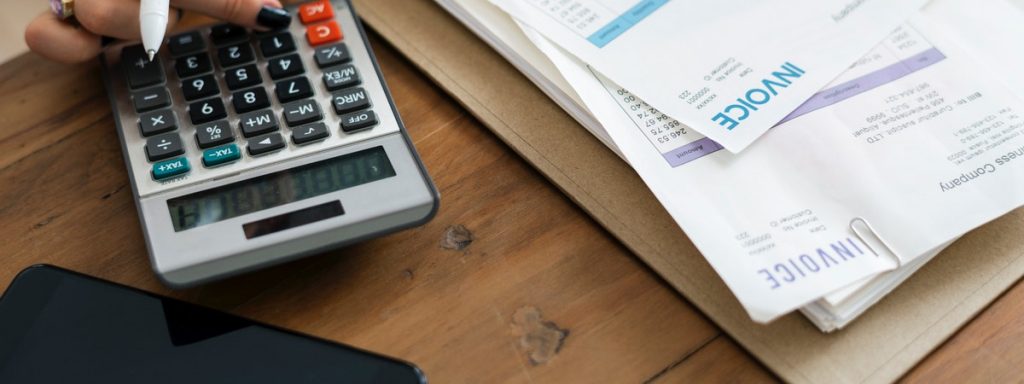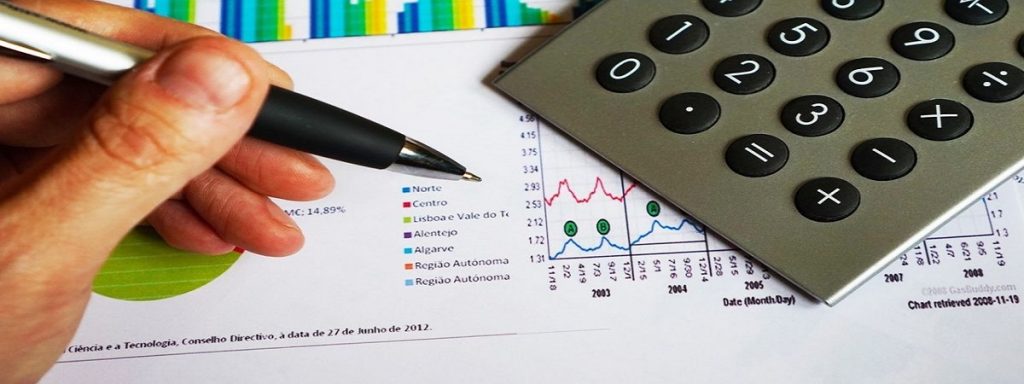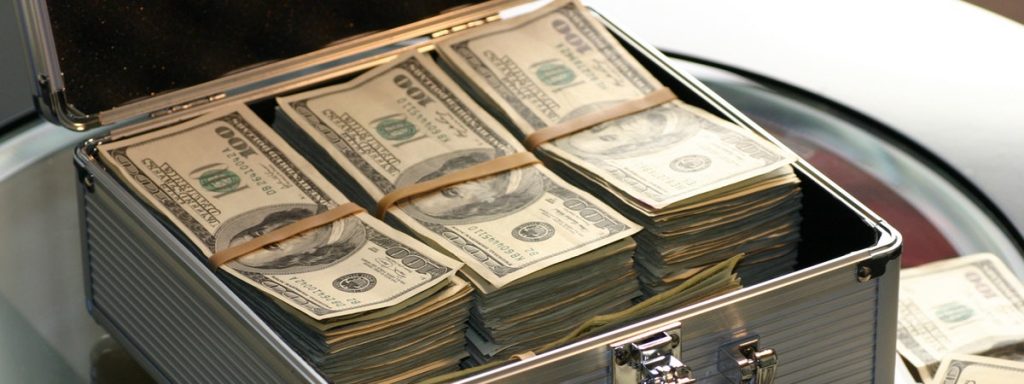The world bank is an international financial institution founded in July 1944 with a mission to rebuild post-World War II Europe under the International Bank for Reconstruction and Development (IBRD). Now World Bank functions as an international organization and is owned by the governments of member nations. So, nobody owns the World Bank. Only the governments of member nations have the power to make decisions including policy, financial, or membership issues.
Key Takeaways
- World bank consists of five underlying institutions, the first two of which are collectively referred to as The World Bank
- The member countries operate the World Bank through the Boards of Governors and the Boards of Executive Directors
- If a country wants to become a member of the world bank then first the country has to join the International Monetary Fund (IMF)
- The United States has the highest voting power as a member country in the World bank
Definition Of World Bank
The World Bank is operated by the World Bank Group and the group is self-funded. The headquarter of the World Bank is in Washington, D.C. The goal of the World Bank is to provide “financial and technical assistance to developing countries around the world” in an effort to “reduce poverty and support development.” World bank consists of five underlying institutions, the first two of which are collectively referred to as The World Bank –
1. International Bank for Reconstruction and Development (IBRD): This is the helping hand of the World Bank. It provides financial assistance to credit-worthy, middle- and low-income nations.
2. International Development Association (IDA): It provides loans and grants to poor countries.
3. International Finance Corporation (IFC): It provides money and advice to private sector entities.
4. Multilateral Investment Guarantee Agency: It encourages foreign direct investment in developing nations.
5. International Centre for Settlement of Investment Disputes: ICSID tries to resolve the inevitable disputes between two parties by providing physical facilities and procedural expertise.
Member Countries Of World Bank
The World Bank Groups are owned by the governments of member nations and the member countries operate the World Bank through the Boards of Governors and the Boards of Executive Directors. The Boards of Governors make all the major decisions for the organizations. Some key rules of the Boards of Governors are –
1. Admit and suspend members
2. Increase or decrease the authorized capital stock
3. Determine the distribution of the net income of the Ban
4. Decide appeals from interpretations of the Articles of Agreement by the Executive Directors
5. Make formal comprehensive arrangements to cooperate with other international organizations
6. Suspend permanently the operations of the Bank
7. Increase the number of elected Executive Directors
8. Approve amendments to the Articles of Agreement
According to the IBRD Articles of Agreement, if a country wants to become a member of the World Bank, then the country has to join the International Monetary Fund (IMF) first. Currently, World Bank has 189 member countries. They are –
| Country / Date of Membership | Country / Date of Membership | Country / Date of Membership |
| Afghanistan, Jul 14, 1955Albania, Oct 15, 1991Algeria, Sep 26, 1963Angola, Sep 19, 1989Antigua and Barbuda, Sep 22, 1983Argentina, Sep 20, 1956Armenia, Sep 16, 1992Australia, Aug 5, 1947Austria, Aug 27, 1948Azerbaijan, Sep 18, 1992The Bahamas, Aug 21, 1973Bahrain, Sep 15, 1972Bangladesh, Aug 17, 1972Barbados, Sep 12, 1974Belarus, Jul 10, 1992Belgium, Dec 27, 1945Belize, Mar 19, 1982Benin, Jul 10, 1963Bhutan, Sep 28, 1981Bolivia, Dec 27, 1945Bosnia and Herzegovina, Feb 25, 1993Botswana, Jul 24, 1968Brazil, Jan 14, 1946Brunei Darussalam, Oct 10, 1995Bulgaria, Sep 25, 1990Burkina Faso, May 2, 1963Burundi, Sep 28, 1963Cabo Verde, Nov 20, 1978Cambodia, Jul 22, 1970Cameroon, Jul 10, 1963Canada, Dec 27, 1945The central African Republic, Jul 10, 1963Chad, Jul 10, 1963Chile, Dec 31, 1945China, Dec 27, 1945Colombia, Dec 24, 1946Comoros, Oct 28, 1976Congo, the Democratic Republic of, Sep 28, 1963Congo, Republic of, Jul 10, 1963Costa Rica, Jan 8, 1946Cote d’Ivoire, Mar 11, 1963Croatia, Feb 25, 1993Cyprus, Dec 21, 1961The Czech Republic, Jan 1, 1993Denmark, Mar 30, 1946Djibouti, Oct 1, 1980Dominica, Sep 29, 1980Dominican Republic, Sep 18, 1961Ecuador, Dec 28, 1945Egypt, the Arab Republic of, Dec 27, 1945El Salvador, Mar 14, 1946Equatorial Guinea, Jul 1, 1970Eritrea, Jul 6, 1994Estonia, Jun 23, 1992Eswatini, Sep 22, 1969Ethiopia, Dec 27, 1945Fiji, May 28, 1971Finland, Jan 14, 1948France, Dec 27, 1945Gabon, Sep 10, 1963The Gambia, The, Oct 18, 1967Georgia, Aug 7, 1992Germany, Aug 14, 1952 | Ghana, Sep 20, 1957Greece, Dec 27, 1945Grenada, Aug 27, 1975Guatemala, Dec 28, 1945Guinea, Sep 28, 1963Guinea-Bissau, Mar 24, 1977Guyana, Sep 26, 1966Haiti, Sep 8, 1953Honduras, Dec 27, 1945Hungary, Jul 7, 1982Iceland, Dec 27, 1945India, Dec 27, 1945Indonesia, Apr 13, 1967Iran, the Islamic Republic of, Dec 29, 1945Iraq, Dec 27, 1945Ireland, Aug 8, 1957Israel, Jul 12, 1954Italy, Mar 27, 1947Jamaica, Feb 21, 1963Japan, Aug 13, 1952Jordan, Aug 29, 1952Kazakhstan, Jul 23, 1992Kenya, Feb 3, 1964Kiribati, Sep 29, 1986Korea, Republic of, Aug 26, 1955Kosovo, Jun 29, 2009Kuwait, Sep 13, 1962The Kyrgyz Republic, Sep 18, 1992Lao People’s Democratic Republic, Jul 5, 1961Latvia, Aug 11, 1992Lebanon, Apr 14, 1947Lesotho, Jul 25, 1968Liberia, Mar 28, 1962Libya, Sep 17, 1958Lithuania, Jul 6, 1992Luxembourg, Dec 27, 1945Madagascar, Sep 25, 1963Malawi, Jul 19, 1965Malaysia, Mar 7, 1958The Maldives, Jan 13, 1978Mali, Sep 27, 1963Malta, Sep 26, 1983The Marshall Islands, May 21, 1992Mauritania, Sep 10, 1963Mauritius, Sep 23, 1968Mexico, Dec 31, 1945Micronesia, Federated States of, Jun 24, 1993Moldova, Aug 12, 1992Mongolia, Feb 14, 1991Montenegro, Jan 18, 2007Morocco, Apr 25, 1958Mozambique, Sep 24, 1984Myanmar, Jan 3, 1952Namibia, Sep 25, 1990Nauru, Apr 12, 2016Nepal, Sep 6, 1961The Netherlands, Dec 27, 1945New Zealand, Aug 31, 1961Nicaragua, Mar 14, 1946Niger, Apr 24, 1963Nigeria, Mar 30, 1961North Macedonia, Feb 25, 1993Norway, Dec 27, 1945 | Oman, Dec 23, 1971Pakistan, Jul 11, 1950Palau, Dec 16, 1997Panama, Mar 14, 1946Papua New Guinea, Oct 9, 1975Paraguay, Dec 28, 1945Peru, Dec 31, 1945The Philippines, Dec 27, 1945Poland, Jun 27, 1986Portugal, Mar 29, 1961Qatar, Sep 25, 1972Romania, Dec 15, 1972Russian Federation, Jun 16, 1992Rwanda, Sep 30, 1963Samoa, Jun 28, 1974San Marino, Sep 21, 2000Sao Tome and Principe, Sep 30, 1977Saudi Arabia, Aug 26, 1957Senegal, Aug 31, 1962Serbia, Feb 25, 1993Seychelles, Sep 29, 1980Sierra Leone, Sep 10, 1962Singapore, Aug 3, 1966The Slovak Republic, Jan 1, 1993Slovenia, Feb 25, 1993The Solomon Islands, Sep 22, 1978Somalia, Aug 31, 1962South Africa, Dec 27, 1945South Sudan, Apr 18, 2012Spain, Sep 15, 1958Sri Lanka, Aug 29, 1950St. Kitts and Nevis, Aug 15, 1984St. Lucia, Jun 27, 1980St. Vincent and the Grenadines, Aug 31, 1982Sudan, Sep 5, 1957Suriname, Jun 27, 1978Sweden, Aug 31, 1951Switzerland, May 29, 1992The Syrian Arab Republic, Apr 10, 1947Tajikistan, Jun 4, 1993Tanzania, Sep 10, 1962Thailand, May 3, 1949Timor-Leste, Jul 23, 2002Togo, Aug 1, 1962Tonga, Sep 13, 1985Trinidad and Tobago, Sep 16, 1963Tunisia, Apr 14, 1958Turkey, Mar 11, 1947Turkmenistan, Sep 22, 1992Tuvalu, Jun 24, 2010Uganda, Sep 27, 1963Ukraine, Sep 3, 1992The United Arab Emirates, Sep 22, 1972The United Kingdom, Dec 27, 1945The United States, Dec 27, 1945Uruguay, Mar 11, 1946Uzbekistan, Sep 21, 1992Vanuatu, Sep 28, 1981Venezuela, Republica Bolivariana de, Dec 30, 1946Vietnam, Sep 21, 1956Yemen, Republic of, Oct 3, 1969Zambia, Sep 23, 1965Zimbabwe, Sep 29, 1980 |
Voting Power Of World Bank Members
Each member of the World Bank has voting power and the power is allocated differently in each organization. Let’s check them out!
1. International Bank for Reconstruction and Development (IBRD)
In this organization, each member receives votes consisting of share votes and basic votes. The share vote consists of each share of the Bank’s capital stock held by the member.
2. International Finance Corporation (IFC)
Each member receives votes consisting of share votes and basic votes. The share vote consists of each share of the Bank’s capital stock held by the member.
3. International Development Association (IDA)
Here the votes consist of subscription votes and membership votes. The votes are allocated under IDA replenishments according to the rules established in each IDA replenishment resolution.
4. Multilateral Investment Guarantee Agency (MIGA)
Here, each member receives votes that consist of share votes and party votes. In MIGA, there are two types of members; they are category 1 and category 2. Category 1 countries are defined as developed countries and category 2 members as developing countries.
List Of 20 Largest Countries By Voting Power
| Rank | Country | IBRD | Country | IFC | Country | IDA | Country | MIGA |
| 1 | United States | 358,498 | United States | 570,179 | United States | 2,546,503 | United States | 32,790 |
| 2 | Japan | 166,094 | Japan | 163,334 | Japan | 2,112,243 | Japan | 9,205 |
| 3 | China | 107,244 | Germany | 129,708 | United Kingdom | 1,510,934 | Germany | 9,162 |
| 4 | Germany | 97,224 | France | 121,815 | Germany | 1,368,001 | France | 8,791 |
| 5 | France | 87,241 | United Kingdom | 121,815 | France | 908,843 | United Kingdom | 8,791 |
| 6 | United Kingdom | 87,241 | India | 103,747 | Saudi Arabia | 810,293 | China | 5,756 |
| 7 | India | 67,690 | Russia | 103,653 | India | 661,909 | Russia | 5,754 |
| 8 | Saudi Arabia | 67,155 | Canada | 82,142 | Canada | 629,658 | Saudi Arabia | 5,754 |
| 9 | Canada | 59,004 | Italy | 82,142 | Italy | 573,858 | India | 5,597 |
| 10 | Italy | 54,877 | China | 62,392 | China | 521,830 | Canada | 5,451 |
| 11 | Russia | 54,651 | Netherlands | 56,931 | Poland | 498,102 | Italy | 5,196 |
| 12 | Spain | 42,948 | Belgium | 51,410 | Sweden | 494,360 | Netherlands | 4,048 |
| 13 | Brazil | 42,613 | Australia | 48,129 | Netherlands | 488,209 | Belgium | 3,803 |
| 14 | Netherlands | 42,348 | Switzerland | 44,863 | Brazil | 412,322 | Australia | 3,245 |
| 15 | Korea | 36,591 | Brazil | 40,279 | Australia | 312,566 | Switzerland | 2,869 |
| 16 | Belgium | 36,463 | Mexico | 38,929 | Switzerland | 275,755 | Brazil | 2,832 |
| 17 | Iran | 34,718 | Spain | 37,826 | Belgium | 275,474 | Spain | 2,491 |
| 18 | Switzerland | 33,296 | Indonesia | 32,402 | Norway | 258,209 | Argentina | 2,436 |
| 19 | Australia | 30,910 | Saudi Arabia | 30,862 | Denmark | 231,685 | Indonesia | 2,075 |
| 20 | Turkey | 26,293 | Korea | 28,895 | Pakistan | 218,506 | Sweden | 2,075 |
References:
1. https://en.wikipedia.org/wiki/World_Bank
2. https://www.worldbank.org/en/about
Last Updated on October 30, 2022 by Magalie D.

Magalie D. is a Diploma holder in Public Administration & Management from McGill University of Canada. She shares management tips here in MGTBlog when she has nothing to do and gets some free time after working in a multinational company at Toronto.





